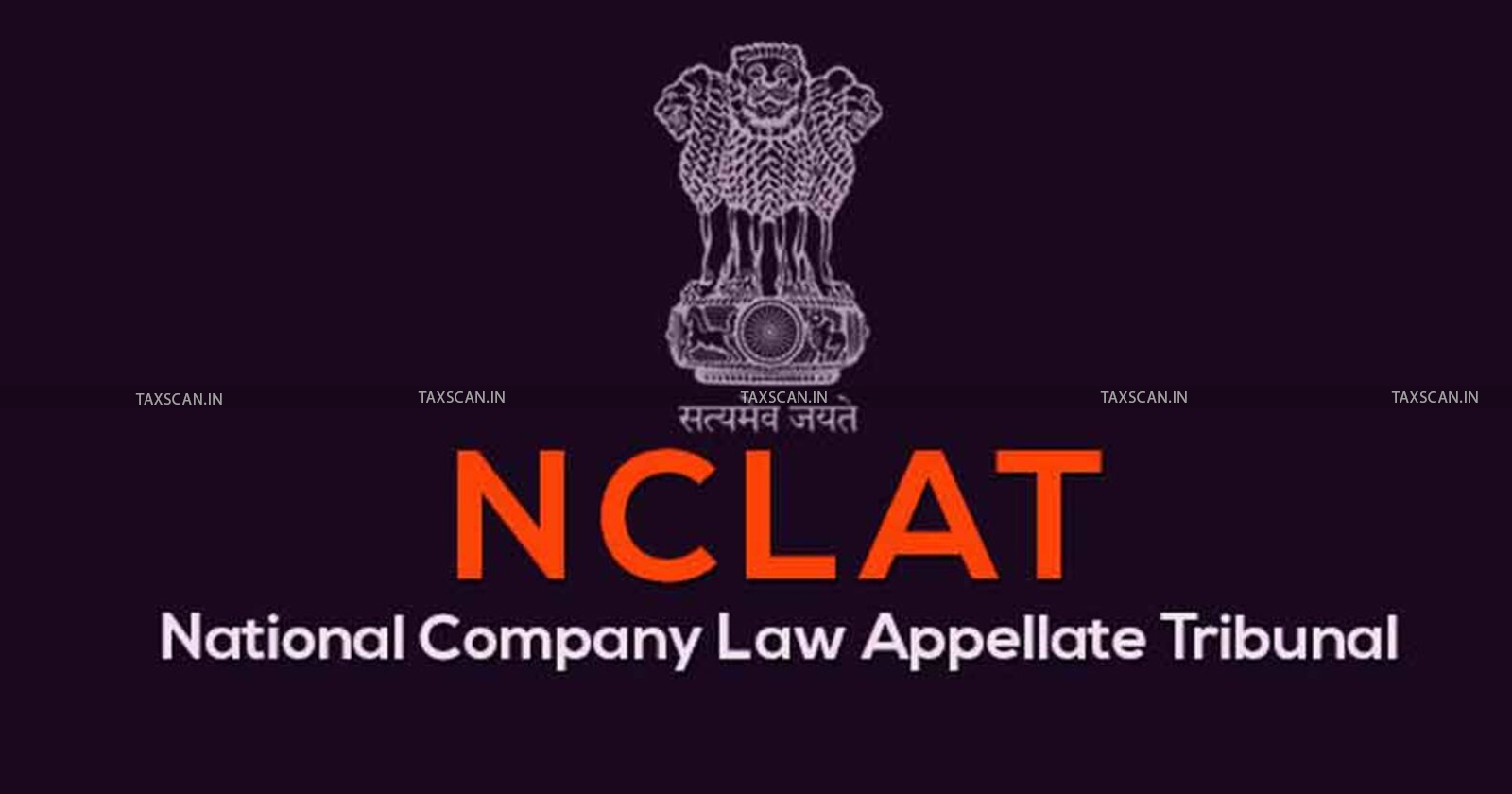Adjudicating Authority have Inherent Power to Recall Its Judgement But Has No Power To Review: NCLAT [Read Order]
The Tribunal clarified that the NCLT can recall its order to correct factual errors causing confusion, noting this does not constitute a review as it does not involve re-evaluating case merits, which would require statutory authorization

NCLAT – National Company Law Appellate Tribunal – Adjudicating Authority – TAXSCAN
NCLAT – National Company Law Appellate Tribunal – Adjudicating Authority – TAXSCAN
The National Company Law Appellate Tribunal ( NCLAT ) has held that adjudicating authority have inherent power to recall its judgement but has no power to review.
The Tribunal clarified that the NCLT has powers to recall its order if it contains any factual errors and result in any confusion among the parties and that the same does not amount to review because it would require the court to re-examine the merits of the case again and that the same requires a statutory provision for the court to recall its judgement.
Critical EPF & ESI Act Provisions – Interpreted by the Supreme Court - To know more, Click here
Aircastle (Ireland) Ltd., the Appellant filed the Appeal under Section 61 of the Insolvency and Bankruptcy Code, 2016 against the order of the adjudicating authority. The Appellant entered into a Lease Agreement of 2 Aircrafts fitted along with their engines and APUs respectively with the Respondent. Due to the default in the payments in accordance to the Lease Agreement of both the Aircrafts, the following aircrafts were de-registered by the DGCA and were re-possessed by the Appellant.
When the Aircrafts were re-possessed by the Appellant, it was found that the Aircraft 1 had a different engine and the Aircraft 2 had a different APU system installed. Also, by the order dated 20.06.2019, CIRP process was initiated and a moratorium was instituted under Section 14 of the code against the corporate debtor.
One of the original APU systems was sent by the corporate debtor for repairs to a company name Honeywell prior to the initiation of the CIRP. Due to difficulties in the payment of the repairs, the company retained lien on the same and did not hand over to the Corporate Debtor or even to the Appellant. The company decided to auction the system to realise its repair cost and as a result, the appellant executed an agreement with the company to acquire the same.
Critical EPF & ESI Act Provisions – Interpreted by the Supreme Court - To know more, Click here
The Respondent requested the Appellant to return the Engine and the APU stating the replaced parts belong to the lessee and that they are the real owners and demanded for usage charges stating that the same was appropriated by the Respondent for its own use. The Respondent also filed a case before the Adjudicating Authority seeking reliefs of returning engine and APU along with rental charges for the use of the Engine in dispute and the APU in dispute which were in possession of the Appellant.
The Adjudicating Authority ruled in favour of the Respondent resulting in the Appellant filing a case before the NCLAT stating that it is the owner of the disputed engine and the APU and that the Adjudicating Authority has no right to pass fresh order giving new or modified reliefs.
The Respondent requested the Appellant to return the Engine and the APU stating the replaced parts belong to the lessee and that they are the real owners and demanded for usage charges stating that the same was appropriated by the Respondent for its own use.
Critical EPF & ESI Act Provisions – Interpreted by the Supreme Court - To know more, Click here
The Principal Bench comprising of Justice Rakesh Kumar Jain (Member Judicial), Mr. Naresh Salecha (Member Technical) and Mr. Indevar Pandey (Member Technical) dismissed the Appeal while upholding the decision of the NCLT, stating that the rectification of the factual errors by the tribunal was not arbitrary.
The court also stated that the Respondent was entitled to the ownership of the replaced parts and directed the Appellant to return the same to the Respondent. The court also recognised the usage charges of the Respondent and stated that the Appellant was responsible to pay sum as specified to the respondent.
The Tribunal clarified that the NCLT has powers to recall its order if it contains any factual errors and result in any confusion among the parties and that the same does not amount to review because it would require the court to re-examine the merits of the case again and that the same requires a statutory provision for the court to recall its judgement. The court laid down a clear distinction between the process of review and recall by the tribunal.
To Read the full text of the Order CLICK HERE
Support our journalism by subscribing to Taxscan premium. Follow us on Telegram for quick updates


